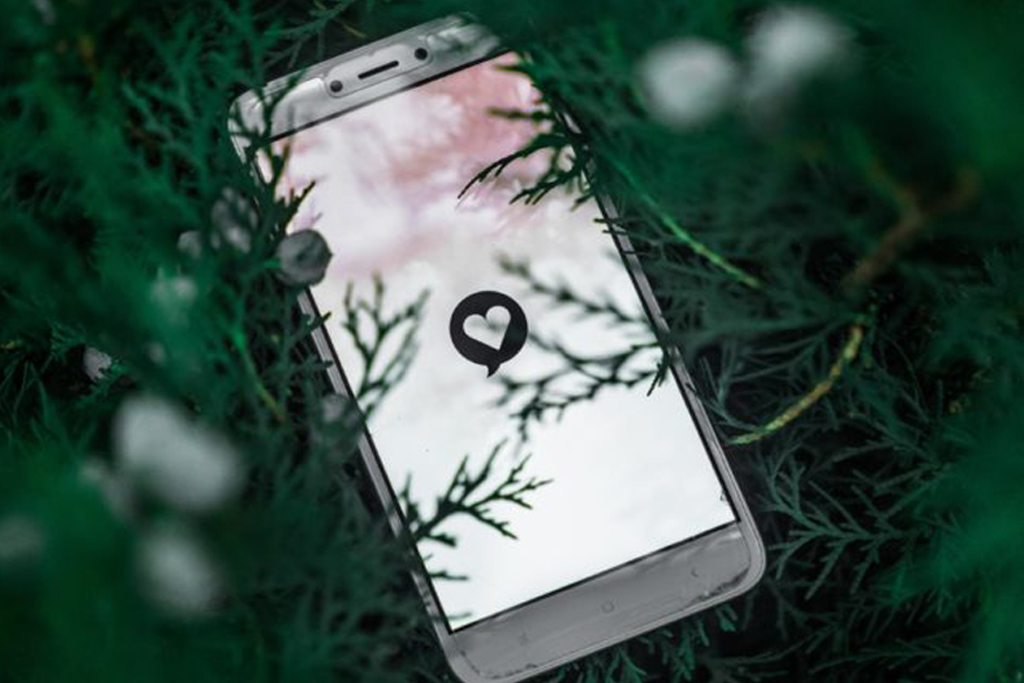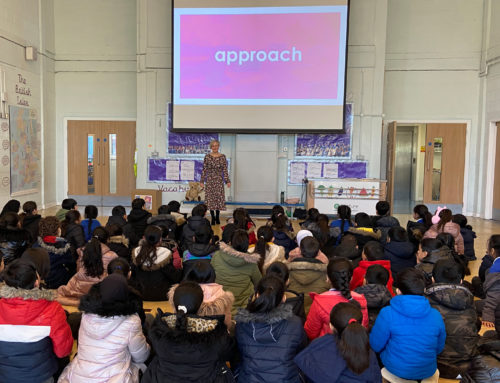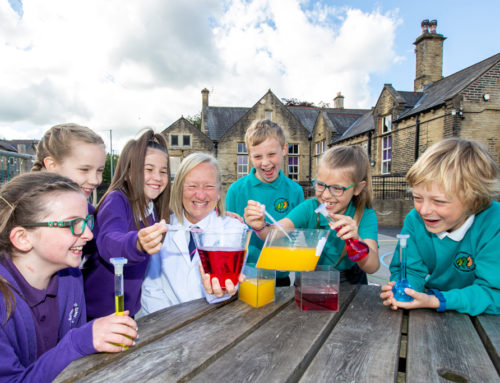It’s no surprise that one of the major side-effects of our lockdown period has been the dramatic increase in online activity. Where once social media was painted as a cause of mental health problems, increased feelings of dissatisfaction with our lives and a platform for relentless, anonymous abuse, it now seems to have become a different place.
The Past
Gone are the days of picturesque landscapes, artisan brunches and sipping sangria under palm trees. No more are the smug holiday checklists and subtle veiling of our actual lives beneath strategic photo angles and Instagram filters. No, now we’re living in a world where suddenly, everyone has been brought back to basics. And in the midst of a global crisis, I’ve found the internet has become a much nicer place to be.
The Present
Instead of content intending to ‘show off’ ideal lifestyles and delicately one-up the people around us, we have generally taken to posting content which demonstrates a shared reality – pushing each other up instead of pulling each other down. With one global experience, this universal platform has been united in a single struggle and collective appreciation for those who are fighting against it. The indiscriminate nature of the virus has undercut the divisive world of social media and created a shared understanding that has allowed empathy to spread across the globe.
The Future
As we begin entering the end of lockdown and start thinking of life post-COVID-19, it’s important to remember how we pulled together as a worldwide population. We promoted volunteering pages, created donation platforms, celebrated workers, supported the vulnerable and entertained the masses. We became a unified online community, and I would like to hope we can retain some of that consideration as we move out of the crisis and back into normal life. Although I might be sipping sangrias under a palm tree, I’d like to think my pyjama bottoms and 5th tray of currant buns will remain just as welcome on a more accepting, less judgemental internet.



